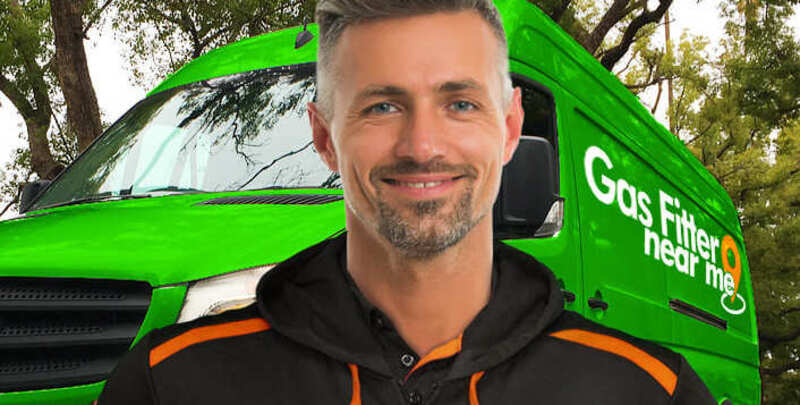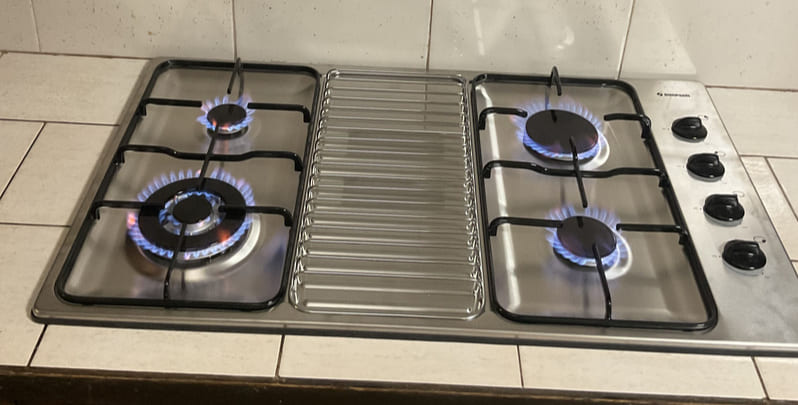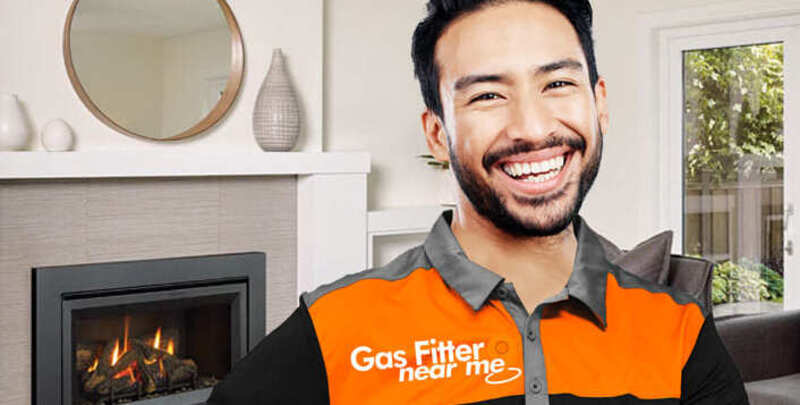How Dangerous is a Gas Leak?

How dangerous is a gas leak? When dealing with natural gas, leaks are a serious concern for any homeowner.
Understanding the potential dangers can help you take preventive measures to protect your family from possible health and safety risks.
In Australia, where we commonly use natural gas burning appliances for heating and cooking, it’s crucial to be aware of the signs and safety protocols. Recognising a natural gas leak is essential, as it can have severe consequences if not handled properly.
This guide will help you identify gas leaks, understand the associated health risks, and learn the necessary steps to ensure your home remains safe and secure in the event of a suspected gas leak.
The Dangers of Gas Leaks and Carbon Monoxide Poisoning
Gas leaks pose immediate and long-term dangers, making awareness and prompt action crucial. A significant risk is carbon monoxide poisoning. This colourless and odourless gas can cause physical symptoms such as:
- headaches
- dizziness
- nausea
It can even be fatal if not addressed. Natural gas leaks can also lead to fires or explosions if they ignite. Burning natural gas also produces carbon dioxide which contributes to global warming.
Given how frequently we use natural gas for heating and cooking, it’s essential to understand these risks. Always be vigilant for signs of gas leaks and keep any gas appliance in your home well-maintained. Knowing the dangers and taking preventive measures such as installing a carbon monoxide alarm can safeguard your home and family from potentially devastating consequences.

Identifying a Gas Leak
Quickly identifying a gas leak in your home can save lives.
When a natural gas leak occurs, one of the most common tell-tale signs is that you’ll smell gas. That distinctive smell of rotten eggs. This comes from a harmless chemical odourant called Mercaptan. The gas companies add this to natural gas as a safety measure before it reaches us through the gas line. You might also hear a hissing sound near your gas line or kitchen appliances.
Installing a natural gas detector in your home can help with early detection. If you suspect a natural gas leak, act immediately by ventilating the area and contacting your gas company. These precautions are essential for maintaining safety and preventing potential disasters. Always stay alert and prioritise natural gas safety.
Health Risks Associated with Gas Leaks
Gas leaks present significant health risks, especially with prolonged exposure. Promptly identifying and addressing a gas leak in your home can help you avoid potential health risks such as natural gas poisoning.
Inhaling gas can lead to:
- serious respiratory problems
- headaches
- dizziness
- and even more severe conditions like carbon monoxide poisoning
Carbon monoxide is particularly dangerous as it is colourless and odourless, making it hard to detect without a carbon monoxide detector. Breathing in contaminated air can have long-term health consequences, so it’s essential to act swiftly if you suspect the presence of leaking gas.
How To Prevent Gas Leaks in Your Home
Preventing gas leaks in your home requires regular maintenance and vigilance.
- Make sure you use a licensed gas fitter to install any gas appliances in your home. This will go a long way towards preventing even a small gas leak. Yearly gas appliance inspections can identify potential issues before they become serious hazards.
- Keep an eye on pilot lights and gas lines for any signs of wear or damage.
- Installing carbon monoxide detectors can provide early warnings of dangerous leaks.
In Australia, where we use natural gas widely, taking these precautions is essential for home safety. By maintaining your gas appliances and monitoring for leaks, you can prevent accidents and protect your household from potential dangers.

Why Use a Licensed Gas Fitter?
Using a licensed gas fitter is crucial for ensuring the safety and efficiency of your gas appliances. Proper installation and maintenance of gas lines are essential to prevent leaks. Licensed professionals have the expertise to install and maintain gas lines and appliances correctly, preventing improper installations that can lead to leaks.
Relying on a licensed gas fitter also ensures compliance with Australian safety regulations and standards. They can identify potential issues that untrained eyes might miss, which can drastically reduce the risk of gas leaks and carbon monoxide poisoning. Trusting a professional helps protect your home and family from the potential dangers associated with gas leaks and faulty appliances.
What to Do If You Suspect a Gas Leak
If you suspect a gas leak, act immediately to ensure your safety.
First, if it’s safe to do so, ventilate the area by opening all the windows and doors to allow fresh air into the room. If you know how to turn off the gas meter, do so while waiting for professional help. Avoid using any electrical appliances, electronic devices or anything that could ignite the gas. Turn off the gas supply at the shutoff valve if it’s safe to do so. Evacuate your home and contact your utility company to arrange urgent assistance.
Knowing these steps can prevent accidents and ensure quick, professional response. Always prioritise safety and never ignore the signs of a gas leak. Prompt action can protect your family and home from serious harm.
Staying Safe with Natural Gas
Natural gas safety tips are essential for ensuring the well-being of your home and your family. Regular maintenance of gas appliances, using carbon monoxide detectors, and recognising the signs of a gas leak are crucial steps. These precautions are vital for preventing accidents and ensuring your family’s safety. Always rely on licensed professionals for installations and inspections to avoid potential dangers.
By staying vigilant and informed, you can enjoy the benefits of natural gas while minimising risks. Remember, your proactive approach to natural gas safety can protect your home and loved ones.
Please note: This information is provided for advice purposes only. Regulations differ from state to state, so please consult your local authorities or an industry professional before proceeding with any work. See our Terms & Conditions here.